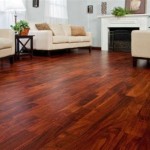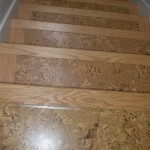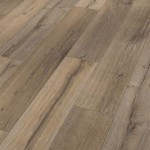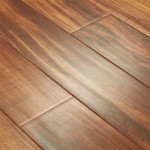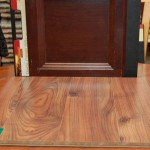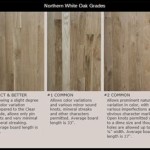Flooring Options for Concrete Slabs: A Comprehensive Guide
Concrete slabs serve as a reliable foundation for many residential and commercial buildings. However, choosing the right flooring option for a concrete slab is crucial to ensure durability, aesthetics, and overall performance. This guide explores the essential aspects to consider when selecting flooring for concrete slabs.
Moisture Considerations
Concrete slabs are susceptible to moisture penetration, which can cause damage to flooring materials. Before installing any flooring, it is essential to determine the moisture level of the slab. A moisture test should be conducted to assess the moisture content and address any potential issues with a vapor barrier or dehumidifier.
Subfloor Preparation
Proper subfloor preparation is vital for a successful flooring installation. Concrete slabs may require leveling or smoothing to create an even surface. If the slab is uneven, a self-leveling compound can be applied to correct any imperfections. Additionally, any cracks or gaps in the slab should be repaired before laying the flooring.
Flooring Types
The type of flooring chosen will depend on the intended use, traffic level, and personal preferences. Here are some commonly used flooring options for concrete slabs:
- Carpet: Carpets offer comfort and warmth, and can effectively reduce noise levels. However, they may be prone to moisture damage and staining.
- Hardwood: Hardwood floors are durable and elegant, adding value to any space. They require regular maintenance and are susceptible to scratches and dents.
- Laminate: Laminate flooring is a cost-effective alternative to hardwood, offering a wide range of styles and finishes. It is durable and easy to clean.
- Tile: Tiles are available in various materials such as ceramic, porcelain, and natural stone. They are water-resistant, easy to clean, and suitable for both residential and commercial applications.
- Epoxy Coatings: Epoxy coatings are a seamless, durable flooring option for high-traffic areas or industrial settings. They are resistant to chemicals, stains, and impact.
Installation Methods
The installation method will vary depending on the flooring type selected. Some flooring options, such as carpet and laminate, can be installed as a floating floor, while others, like tile and hardwood, require adhesive or mortar for bonding to the concrete slab.
Maintenance and Durability
The durability and ongoing maintenance requirements of the flooring should be considered. Factors such as traffic level, exposure to spills or stains, and the presence of pets will influence the longevity of the flooring. Regular cleaning, occasional repairs, and proper maintenance will extend the life of any flooring material.
Conclusion
Selecting the right flooring option for a concrete slab requires careful consideration of moisture levels, subfloor preparation, flooring types, installation methods, and ongoing maintenance. By following these guidelines and consulting with flooring professionals, you can ensure a durable, stylish, and low-maintenance flooring solution that meets your specific needs and preferences.

Concrete Slab Floors Yourhome

What Are The Best Flooring Options For A Concrete Substrate And Design

Concrete Floor Slab Construction Process The Constructor

Concrete Slab Floors Yourhome

Best Flooring For Concrete Slabs 50floor

Lightweight Concrete Floor Systems Thickness Uses The Constructor

Q A Solid Wood Floors Over Concrete Slabs Jlc

Reinforced Concrete Floors An Expert Guide Raised Floor

How To Get Rid Of Common Errors In Concrete Floor Slab Construction Cost

Common Industrial Concrete Floor Problems Flatness Issues Titus Restoration
Related Posts

